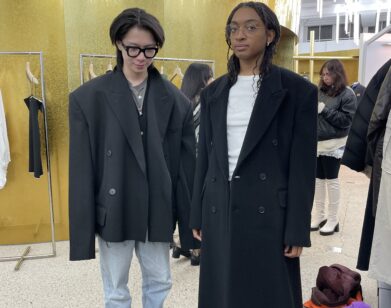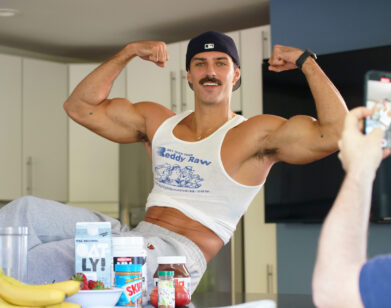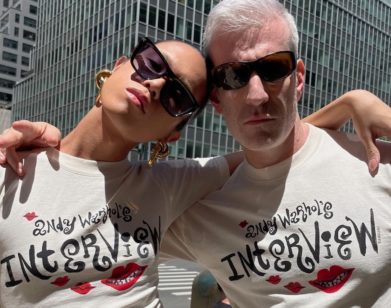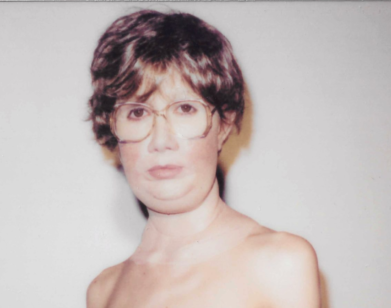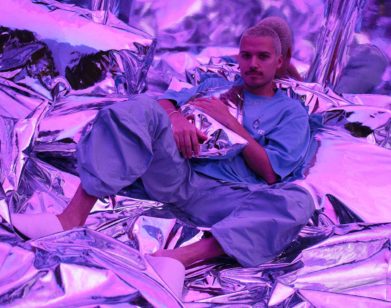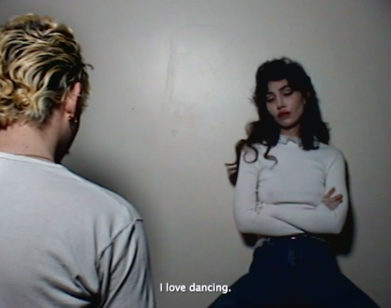Artist Dan Colen Has A Farm
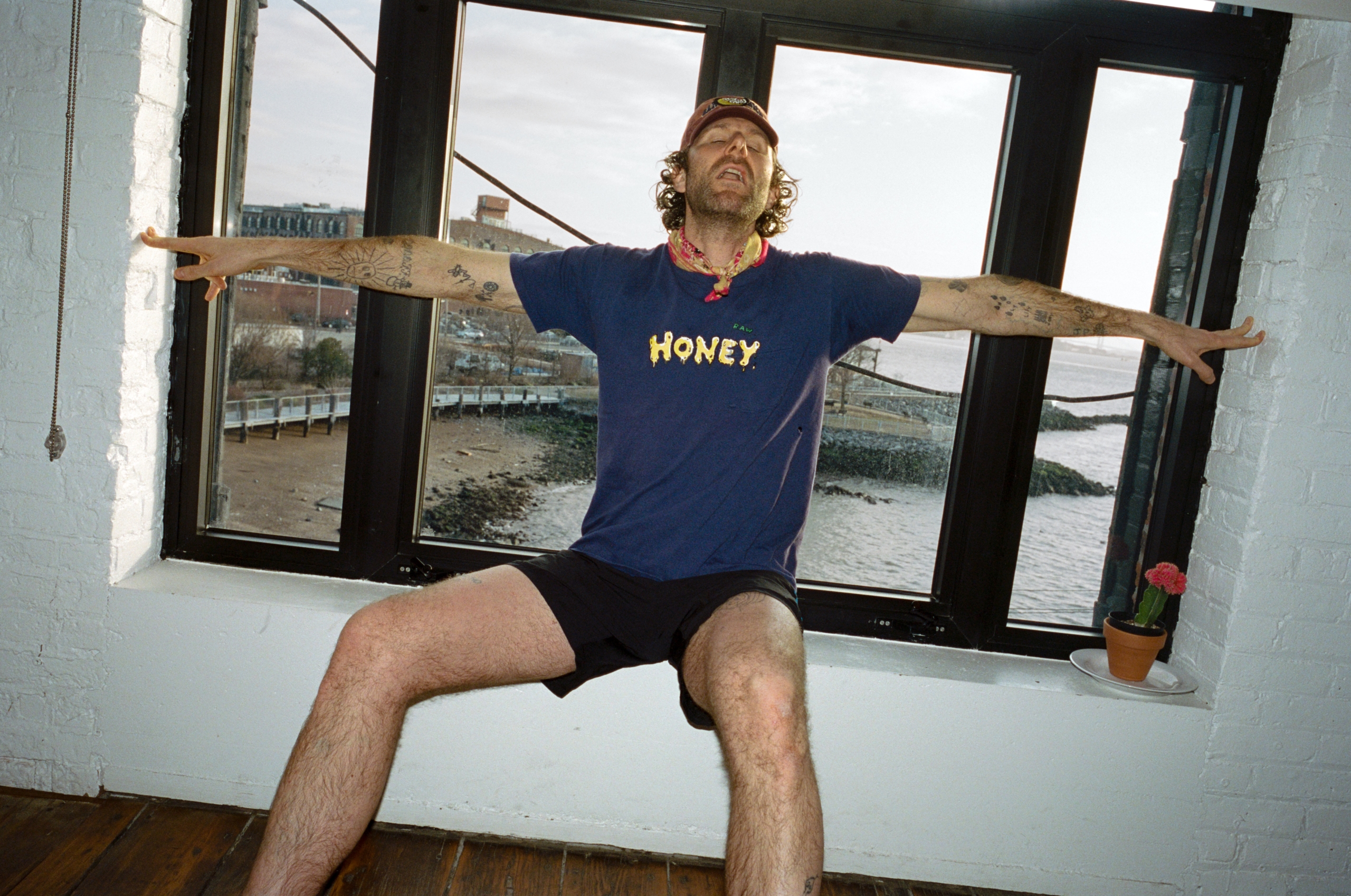
Nearly ten years ago, the artist Dan Colen started Sky High Farm to grow and distribute organic food as an antidote to the problem of food insecurity in New York State. Now, in collaboration with Dover Street Market, he is launching a line of vintage-sourced, naturally tie-dyed t-shirts, hoodies, and hats to help spread the word.
———
“Sky High Farm is on a plot of land I bought in 2011 with the intention of building a sculpture studio. I imagined the space-filling some void I’d had, but it didn’t. It didn’t feel like an experience, just another thing to own. I’d only lived in a tiny rented apartment in the city, and the experience of being an owner was different than I’d imagined. The land felt wasteful. Intuitively, I knew it was meant to do something, but I didn’t want it to be another business, because the business of art, especially at that moment in my life, was much bigger than I had ever anticipated.
“That realization was the beginning of a process to make the land produce. What it would produce and how to distribute what it produced was a conversation that developed over the next year. People told me, ‘If you’re going to produce stuff and you don’t want to sell it, give it away.’ There are people who have zero access to fresh, healthy food. It was an amazing opportunity to grow for those communities.
“Early on, I had grand ambitions of provoking other people, or organizations, to take on projects similar to mine, but over time it seemed like it wasn’t actually something that I could make happen. Eventually, people started hearing about it and asked how they could get involved, but there was no access point. It was just my thing. The environment is something people are really interested in, especially in the downtown world I’m familiar with, but they have no direct access to it. Once you connect them to these communities that are suffering, people get really interested. And once people know these communities are their next-door neighbors, it’s a whole different thing. I realized I should have a way for people to participate.
“The idea for the capsule collection, then, started with produce. It’s not really about fashion—it was about taking the first steps in opening the farm up to a bigger audience. We started making honey, jam, and these vegetable-blended salts. As we were doing that, I was working with the illustrator Joana Avillez. I wanted something really fun and cute. I’d seen some of the ’80s health food store–style brands that have this kooky, cartoon-y vibe, and I wanted it to have that, too. A lot of the people I work with in the nonprofit world—a lot of the people who have helped me with the farm—really questioned that choice because it’s not a very serious aesthetic. They thought that maybe it doesn’t evoke the importance of the mission. But I think the hopefulness and playfulness of it does. I was talking to people on the business side about this younger generation, and how important it is for them to support brands that believe in the same causes they do. Friends who work in apparel would talk a lot about how people don’t want to wear a brand, they want to wear a message. People want to be a part of something. What’s important about the clothing, too, is that it includes a lot of my partner organizations, like FeedHV, Food Bank For New York City, and Project EATS. So the t-shirts are about their messaging. The idea that I can promote all these other people’s missions without a second thought is great. It sums the project up in a very specific way: If we stick together, we can go on.” —As told to Jadie Stillwell
———
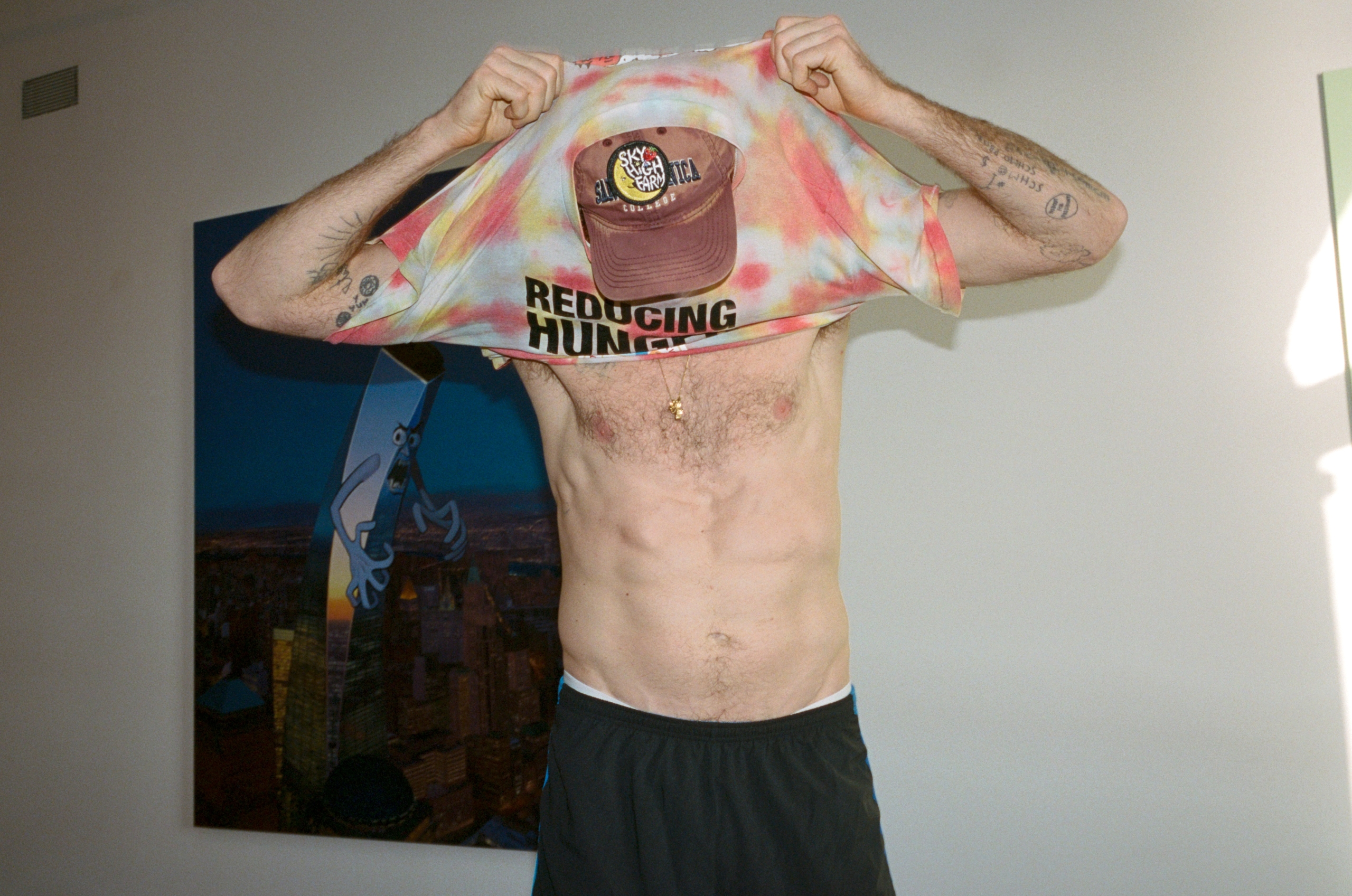
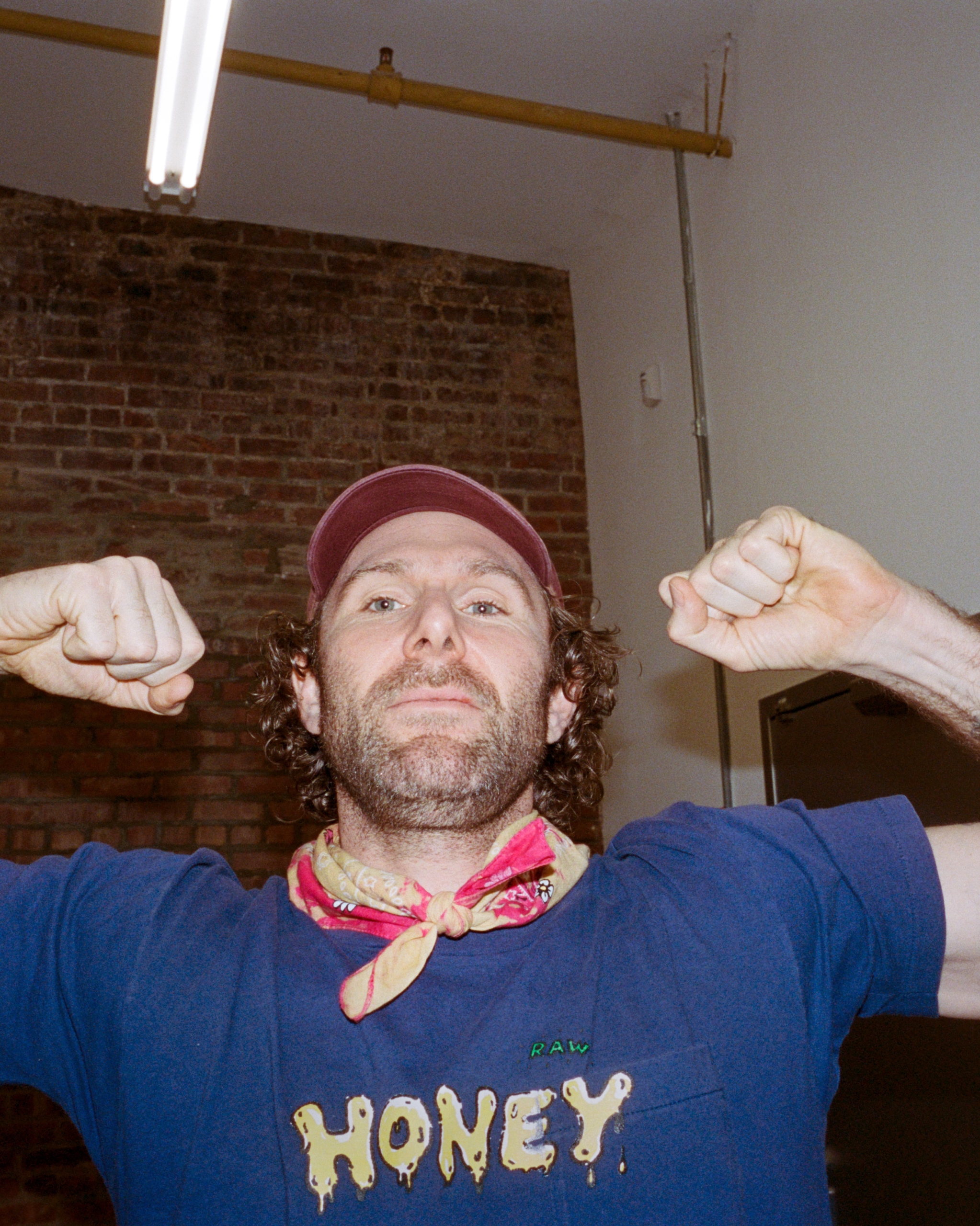
———
This article appears in the March 2020 issue of Interview magazine. Subscribe here.

